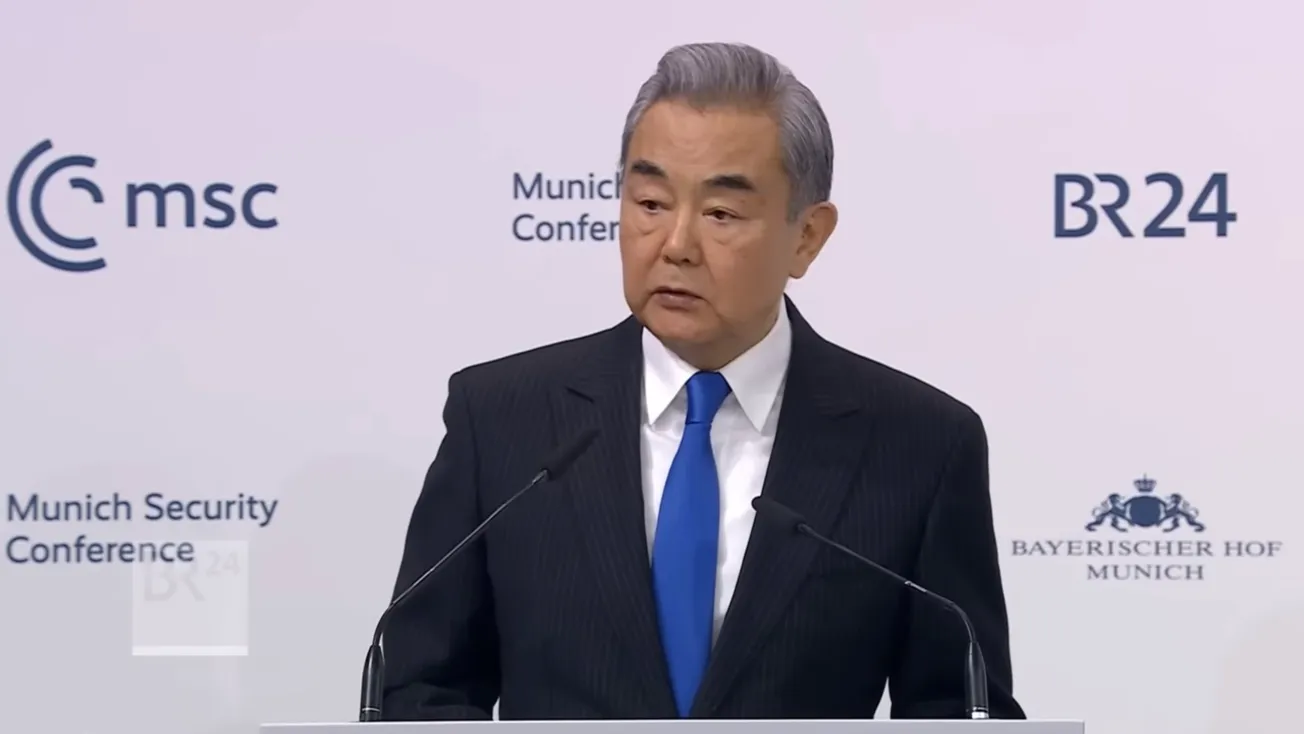A hearing before the International Court of Justice (ICJ) that will span Feb. 19-26, will air the crimes of Israel’s 55 years of occupation, as the Court takes up the request of the UN General Assembly for an Advisory Opinion on “Israeli practices affecting the Human Rights of the Palestinian People in the Occupied Territory, including East Jerusalem.” The UNGA filed its request with the ICJ on Dec. 30, 2022, long before the Hamas attack of October 7, 2023! In fact, the UNGA request includes its “Deeply regretting that 55 years have passed since the onset of the Israeli occupation,” without having advanced “meaningful negotiations aimed at the achievement of a peace agreement.”
As reported in the Feb. 10 issue of EIR News, this week-long hearing is not part of the South Africa v. Israel case before the ICJ. Yet the UNGA case dovetails with the South African case, as it likewise seeks to hold Israel to account for its obligations under international laws and conventions regarding the lives and welfare of the Palestinian people.
Legal differences between the two cases are these: In South Africa v. Israel, at issue is Israel’s accountability, as well as its obligations, under the Genocide Convention, for its indiscriminate killing and destruction of Palestinians and their means of existence in the wake of the Oct. 7, 2023 attack. Whereas, in the UNGA request for an advisory opinion, at issue are Israel’s violations of international human rights and humanitarian laws, the Charter of the UN, as well as various resolutions of the UN Security Council, the UNGA, the Human Rights Council, and even an earlier opinion of the ICJ.
When the UNGA adopted its December 2022 resolution to the ICJ, it issued a nine-page recitation of Israel’s harmful actions. The actions described are but the prelude to what the world is witnessing today, as nations and international bodies failed to act then. This document covers 20-plus years, and takes into account findings of five major independent reports, all examining the violations by Israel of human rights in the Palestinian territories. Here is a sampling of acts described in the UNGA original request (asterisked paragraphs are quoted excerpts):
• all States have the right and the duty to take actions in conformity with international law and international humanitarian law to counter deadly acts of violence against their civilian population in order to protect the lives of their citizens,…
• the need for the full implementation of the Agreement on Movement and Access and the Agreed Principles for the Rafah Crossing, both of 15 November 2005, to allow for the freedom of movement of the Palestinian civilian population within and into and out of the Gaza Strip …
• a grave concern by the tensions and violence in the recent period throughout the Occupied Palestinian Territory, including East Jerusalem and including with regard to the holy places of Jerusalem [as the world] has legitimate interest in the question of the City of Jerusalem and in the protection of the unique spiritual, religious and cultural dimensions of the city …
• grave concern about the continuing systematic violation of the human rights of the Palestinian people by Israel, … including … the excessive use of force and military operations causing death and injury to Palestinian civilians, including children, women and non-violent, peaceful demonstrators, as well as journalists, medical personnel and humanitarian personnel; the arbitrary imprisonment and detention of Palestinians, some of whom have been imprisoned for decades; the use of collective punishment; … the confiscation of land; the establishment and expansion of settlements; the construction of a wall in the Occupied Palestinian Territory in departure from the Armistice Line of 1949; the destruction of property and infrastructure; the forced displacement of civilians.…
As concerns Gaza, the Dec. 2022 document states these concerns:
• Deploring the continuing and negative consequences of the conflicts in and around the Gaza Strip and the high number of casualties among Palestinian civilians in the recent period, including among children, …
• Gravely concerned about the disastrous humanitarian situation and the critical socioeconomic and security situation in the Gaza Strip, including that resulting from the prolonged closures and severe economic and movement restrictions that in effect amount to a blockade and deepen poverty and despair among the Palestinian civilian population, and about the short- and long-term detrimental impacts of this situation and the widespread destruction and continued impeding of the reconstruction process by Israel, … on the human rights situation, …
Just imagine: had the UNGA’s demands in 2022 or earlier, that “Israel, the occupying Power, cease” measures “contrary to international law including killing and injury of civilians, arbitrary detention and imprisonment of civilians, the forced displacement of civilians, … the destruction and confiscation of property, … obstruction of humanitarian assistance”—all of them now-ongoing acts—been heeded, the present genocide would not be occurring today. Now, these actions will again be before the World Court.



